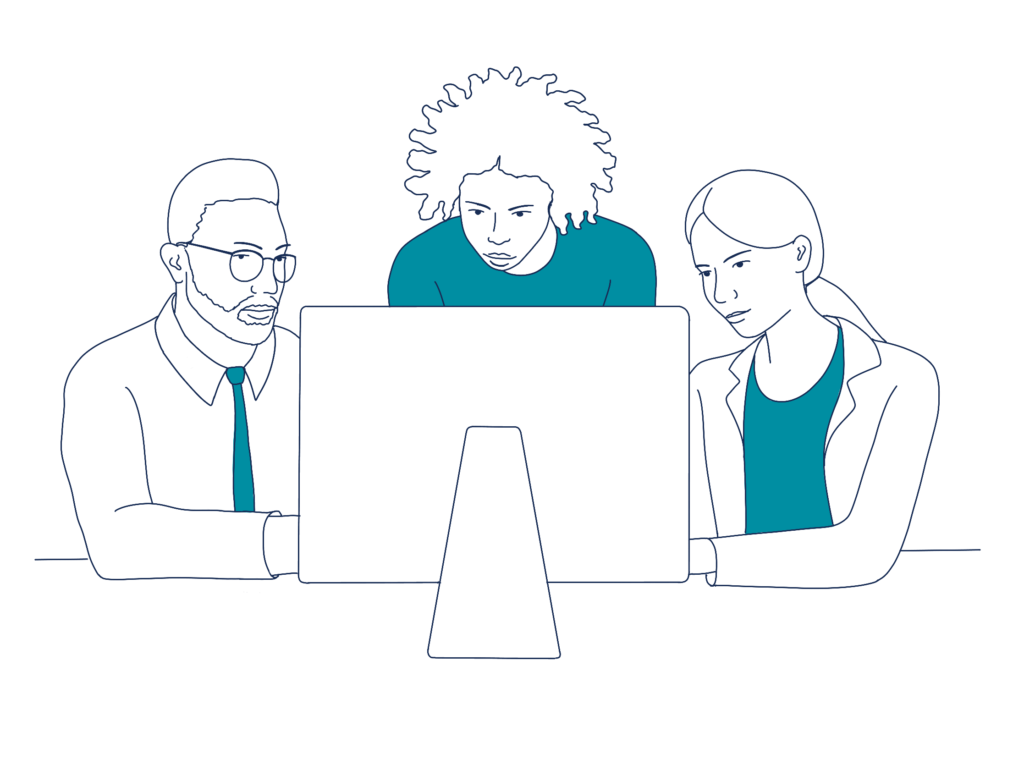Holidays, especially holiday events, can be a challenging time of the year for people in recovery or those newly sober. The chaos and stress that sometimes come with big family gatherings, the constant questions about treatment, and the pressure to “fit in” or “enjoy themselves” like before can be overwhelming.
Learning to identify and deal with possible holiday triggers isn’t only crucial for your patient’s sobriety but their mental health too.
What Are Common Holiday Triggers?
Whether it’s a holiday gathering or a long-standing family tradition, people with substance use disorders are often faced with various events or situations that can trigger a relapse during the holiday season.
Learning to identify their triggers beforehand is one of the essential steps to take to maintain their long-term sobriety.
Common holiday triggers include:
- Holiday shoppers and crowds: The crowds, noise, and general chaos of shopping or going out during the holidays can feel very overwhelming, especially to individuals who may be struggling with anxiety or depression already. Busy places or noisy shopping centers and malls should be avoided if they’re not entirely comfortable in their environment.
- Attending parties where alcohol or drugs are present: Holiday parties may have felt fun before, but, once people are in recovery, it can be tough not to feel tempted when attending a gathering where there’s the presence of alcohol or drugs.
- Dealing with difficult family relationships: The holidays are often also a time to reconnect with family members. However, this isn’t always a positive experience for everyone involved, and dealing with questions, accusations, and comments about their sobriety can be frustrating for patients who are newly sober.
- Returning to childhood homes and neighborhoods: Many people have addiction triggers associated with childhood trauma, bullying, or memories linked to when they were younger. Being exposed to these memories or emotions while revisiting their hometown or childhood house can be very challenging.
- Family traditions that involve alcohol: Many holiday traditions involve drinking or some sort of alcohol consumption, which can cause a lot of pressure if you patients don’t want to participate.
Tips for Managing Holiday Triggers
If your patients are worried about managing or avoiding their triggers during the holidays, these tips may help:
Have a Plan Ready
If a holiday event or gathering feels overwhelming, advise your patient to have a plan for how they’ll react and how to be excused. Whether they need to tell a white lie and leave because they have errands to run or excuse themselves as they have to get up early the next day, planning an escape or how to react to certain situations beforehand can help them have a calmer holiday season that won’t push them to the point of relapse.
Get Support
Friends and family can be a great support when necessary. Find a relative or friend that understands your patient’s situation and advise them to stick with their loved one. If your patient can talk to their family member or friend beforehand, they can look out for them, make excuses if they’re feeling overwhelmed, and help them stay focused on your sobriety, all while blending into the gathering.
If your patients don’t know any family members who can help, finding a good support group beforehand can help them develop the coping mechanisms necessary to deal with their family. They could even invite someone from the group for moral support.
Practice Answering Your Family’s Questions
Being questioned or hearing comments made by their family members can catch your patient off guard and often causes strong emotions, especially if it’s from someone they care about. Practicing to answer questions they may ask or responding to comments they may make beforehand can help your patient feel more prepared and at ease in any social situation.
It’s also important to remind them they don’t owe anyone an explanation, and they don’t have to answer questions if they don’t want to.
Stay Balanced
Holiday stress is very real and can make it challenging to stay focused on sobriety and enjoy time with family and friends. One of the best ways to combat this is to help your patient keep their schedule balanced.
Whether it’s a few hours alone reading a book or watching a movie, getting some exercise, or cooking a healthy meal, taking time for self-care can help your patient get over the worst of their holiday stress and pressure.
Reduce Relapses with Streamlined Access to Care

RecoverWell is an online platform that matches patients with the rehab or behavioral health treatment center that best suits their personal preferences, co-occurring disorders, budget, and type of care needed. This streamlined process can ensure you get the right treatment for your patient as soon as possible, reducing their chances of relapsing.
To learn more about how RecoverWell can help reduce relapses by streamlining access to addiction care, sign up for free today!
